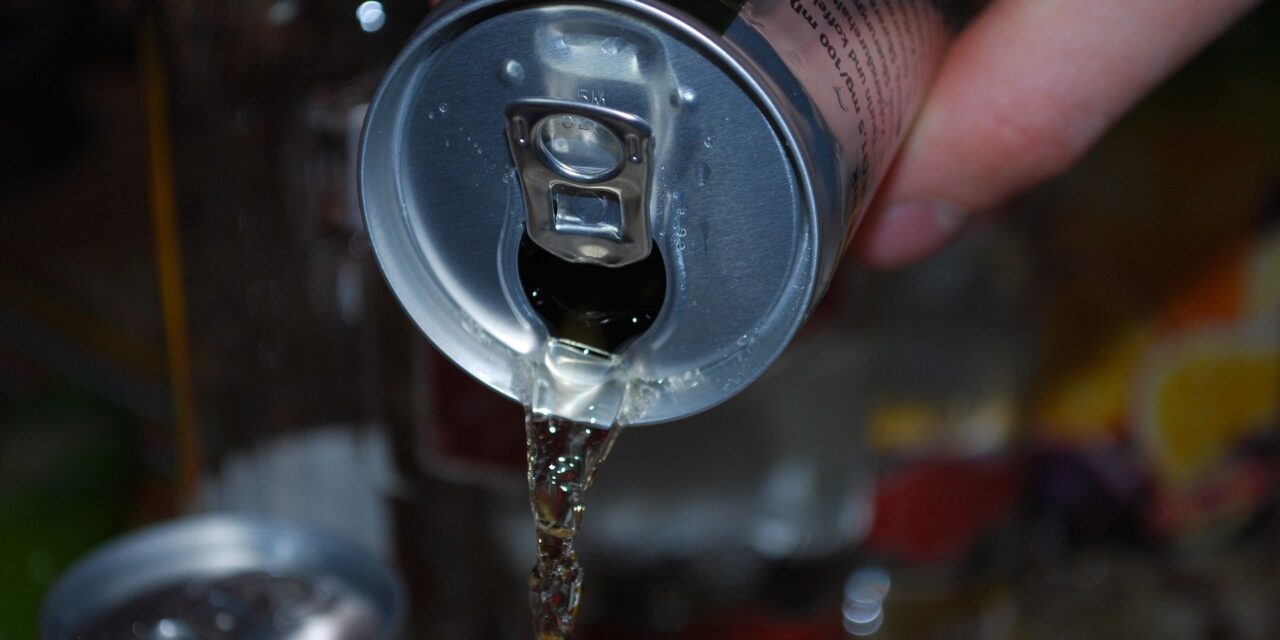In recent years, the trend of consuming sugary soft drinks has been on the decline, a significant public health victory given the well-documented risks associated with high sugar diets. However, this reduction has been paralleled by a rise in the consumption of diet soft drinks. These sugar-free alternatives are now so prevalent that they are frequently detected in wastewater. But what does science say about the long-term health effects of regular diet soft drink consumption?
What Makes Diet Soft Drinks Sweet?
The World Health Organization (WHO) recommends reducing daily intake of free sugars to less than 10% of total energy intake, with further benefits if reduced below 5%, or about 25 grams (six teaspoons) per day. Regular soft drinks, such as a 335 ml can of original Coca-Cola, contain around seven teaspoons of added sugar, making them far from compliant with these guidelines.
Diet soft drinks aim to replicate the taste of their sugary counterparts without the sugar. They achieve this through artificial or natural sweeteners. Common artificial sweeteners include aspartame, saccharin, and sucralose, while natural options like stevia and monk fruit extract derive from plant sources. These sweeteners are often much sweeter than sugar, allowing for less to be used to achieve the desired sweetness.
These drinks are marketed as healthier alternatives, particularly for those looking to reduce sugar intake or manage weight. However, awareness of the broader health implications of these beverages is not as widespread.
The Research on Aspartame
Food authorities in the US and Australia deem the artificial sweeteners in soft drinks safe for consumption. Yet, some researchers express concerns about potential long-term risks. Studies indicate that regular consumers of diet soft drinks may have a higher likelihood of developing metabolic conditions such as diabetes and heart disease compared to non-consumers, even after adjusting for other dietary and lifestyle factors.
In 2023, the WHO announced that aspartame, the primary sweetener in many diet soft drinks, is “possibly carcinogenic to humans.” While this sounds alarming, the report emphasized the lack of definitive scientific evidence to confirm a cancer risk from aspartame, noting that occasional consumption remains safe.
Do Diet Soft Drinks Aid in Weight Management?
Despite the “diet” label, these drinks are not strongly linked to effective weight management. A 2022 WHO systematic review on artificial sweeteners and weight management found that randomized controlled trials showed slight weight loss among users of artificial sweeteners. However, observational studies indicated that high consumption of artificial sweeteners was associated with a higher body mass index and a 76% increased likelihood of obesity.
Thus, the WHO advised against using artificial sweeteners for weight management. Animal studies suggest that high levels of artificial sweeteners might signal to the brain that it is being starved of fuel, leading to increased food intake, although this effect in humans remains unproven.
Inflammation and Dental Issues
Emerging evidence suggests artificial sweeteners may irritate the digestive system lining, potentially causing inflammation and symptoms similar to irritable bowel syndrome, though more research is needed. High consumption of diet soft drinks has also been linked to liver disease due to inflammation.
Moreover, these beverages can contribute to dental erosion. Many soft drinks contain phosphoric and citric acids, which can damage tooth enamel.
Moderation Is Key
As with many dietary components, moderation is crucial. Occasional consumption of diet soft drinks is unlikely to harm health, but frequent or excessive intake could increase long-term health risks. For hydration, plain water, infused water, sparkling water, herbal teas, or milk remain the best choices.
In conclusion, while diet soft drinks may help reduce sugar intake, they are not without their own potential health risks. Awareness and moderation are essential to ensure that these beverages do not adversely affect long-term health.












